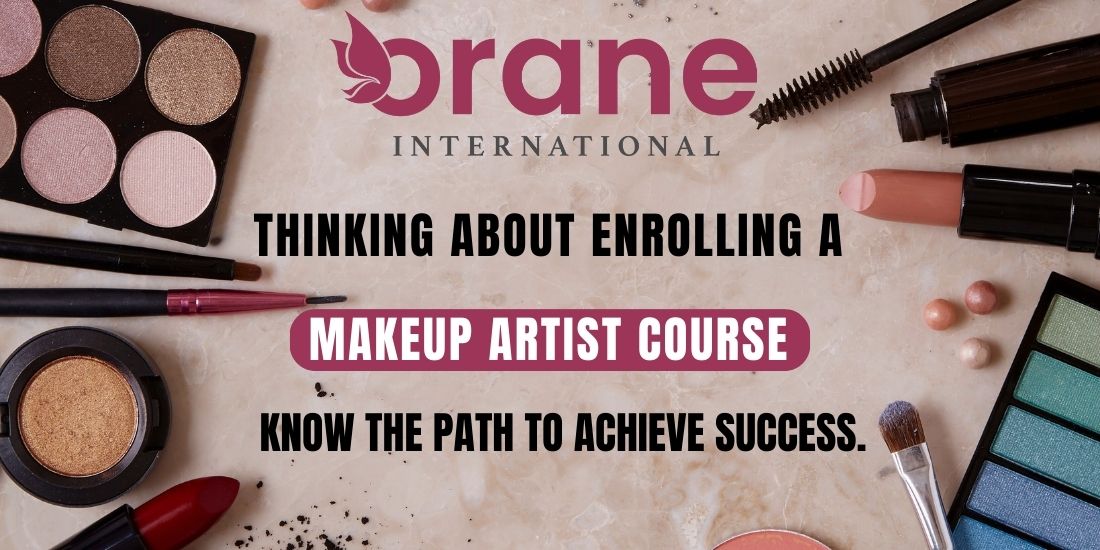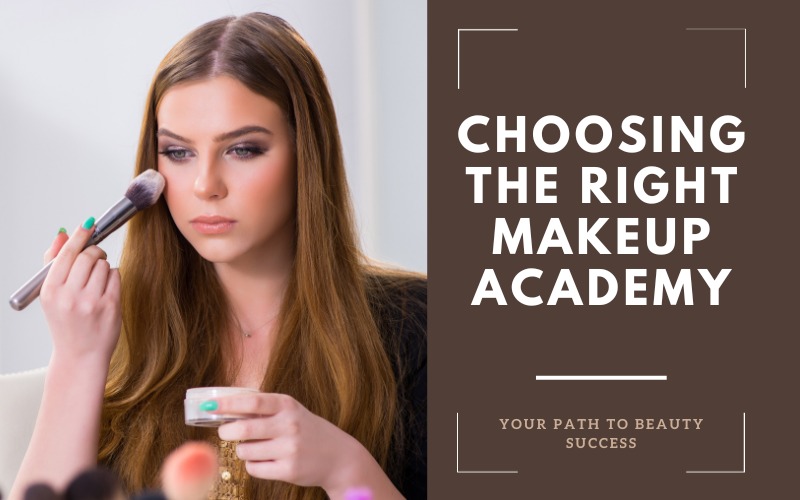Navigating the Path to Success: Understanding and Utilizing Makeup Exams
Related Articles: Navigating the Path to Success: Understanding and Utilizing Makeup Exams
Introduction
In this auspicious occasion, we are delighted to delve into the intriguing topic related to Navigating the Path to Success: Understanding and Utilizing Makeup Exams. Let’s weave interesting information and offer fresh perspectives to the readers.
Table of Content
Navigating the Path to Success: Understanding and Utilizing Makeup Exams

In the academic landscape, unforeseen circumstances can sometimes disrupt a student’s ability to participate in scheduled examinations. To ensure fairness and provide opportunities for students to demonstrate their knowledge, educational institutions often offer the option of a makeup exam, also known as a make-up exam. This article delves into the intricacies of makeup exams, exploring their purpose, procedures, benefits, and considerations.
The Purpose of Makeup Exams
Makeup exams serve a crucial purpose in education, providing students with a second chance to prove their understanding of course material. They are typically offered in situations where a student misses a regular exam due to:
- Illness: A documented illness preventing a student from attending the exam.
- Family Emergency: A verifiable family emergency necessitating the student’s absence.
- Religious Observance: A legitimate religious observance that conflicts with the scheduled exam date.
- University-Sanctioned Events: Participation in officially sanctioned university events, such as athletic competitions or conferences.
- Technical Difficulties: Unexpected technical issues preventing a student from accessing online exams.
By offering makeup exams, educational institutions strive to create a fair and equitable learning environment, ensuring that students are not penalized for circumstances beyond their control.
Procedures for Makeup Exams
The process for requesting and taking a makeup exam varies depending on the institution and the specific course. However, certain general procedures are commonly followed:
- Documentation: Students must provide valid documentation to support their absence from the original exam. This documentation may include a doctor’s note, a letter from a religious leader, or official confirmation from the university.
- Notification: Students are typically required to notify their instructors as soon as possible about their inability to attend the original exam.
- Approval: The instructor reviews the documentation and decides whether to grant permission for a makeup exam.
- Scheduling: The instructor determines the date and time for the makeup exam, ensuring it does not disrupt the academic schedule for other students.
- Exam Format: The makeup exam may be identical to the original exam or may have a slightly different format, depending on the instructor’s discretion.
Benefits of Makeup Exams
Makeup exams offer a range of benefits for both students and educational institutions:
- Fairness and Equity: They ensure that students are not disadvantaged due to unavoidable circumstances, promoting a sense of fairness and equity in the learning process.
- Academic Success: By providing an opportunity to demonstrate their knowledge, makeup exams allow students to achieve their academic goals without being penalized for unforeseen events.
- Student Well-being: They prioritize student well-being by recognizing that unexpected situations can arise and providing a path for recovery.
- Improved Learning Outcomes: By allowing students to catch up on missed material, makeup exams can contribute to improved learning outcomes and academic performance.
- Institutional Reputation: Offering makeup exams enhances the reputation of educational institutions by demonstrating their commitment to student success and fairness.
Considerations for Makeup Exams
While makeup exams offer numerous benefits, it’s essential to consider certain aspects:
- Academic Integrity: Students must adhere to the same academic integrity standards as those who took the original exam.
- Time Constraints: Makeup exams may require students to adjust their schedules to accommodate the new exam date.
- Exam Difficulty: Makeup exams may be perceived as more challenging due to the time pressure and the need to catch up on missed material.
- Instructor Workload: Providing makeup exams can increase the workload for instructors, requiring additional time for scheduling, administering, and grading.
- Potential for Abuse: It’s crucial to have clear policies and procedures to prevent abuse of the makeup exam system.
FAQs about Makeup Exams
Q: What happens if I miss an exam due to a reason not covered by the university’s policy?
A: If your absence is not covered by the university’s policy, you should contact your instructor to discuss the situation. They may consider granting you a makeup exam based on the circumstances.
Q: Can I request a makeup exam for a minor reason?
A: It is generally advisable to avoid requesting a makeup exam for minor reasons. The system is designed to accommodate legitimate emergencies and unforeseen circumstances.
Q: What if I have a conflict with the scheduled makeup exam date?
A: You should contact your instructor as soon as possible to discuss alternative arrangements. They may be able to accommodate your request or provide a different option.
Q: How do I ensure I have sufficient documentation to support my absence?
A: Ensure you have appropriate documentation from a medical professional, religious leader, or university official, depending on the reason for your absence.
Q: What if I am unable to take the makeup exam due to a subsequent emergency?
A: You should contact your instructor immediately and explain the situation. They may be able to offer further accommodations or consider other options.
Tips for Success with Makeup Exams
- Communicate Effectively: Notify your instructor promptly and provide all necessary documentation.
- Prepare Thoroughly: Review the course material thoroughly, focusing on the topics covered in the original exam.
- Manage Time Effectively: Allocate sufficient time for studying and practice to ensure you are well-prepared.
- Stay Calm and Focused: Approach the makeup exam with a calm and focused mindset, avoiding unnecessary stress.
- Seek Support: If needed, reach out to your instructor, classmates, or academic advisors for guidance and support.
Conclusion
Makeup exams play a vital role in promoting fairness and equity in education, providing students with a second chance to demonstrate their knowledge. By understanding the purpose, procedures, benefits, and considerations associated with makeup exams, students can navigate this aspect of academic life effectively. Through clear communication, proper documentation, and thorough preparation, students can maximize their chances of success and achieve their academic goals.







Closure
Thus, we hope this article has provided valuable insights into Navigating the Path to Success: Understanding and Utilizing Makeup Exams. We hope you find this article informative and beneficial. See you in our next article!
